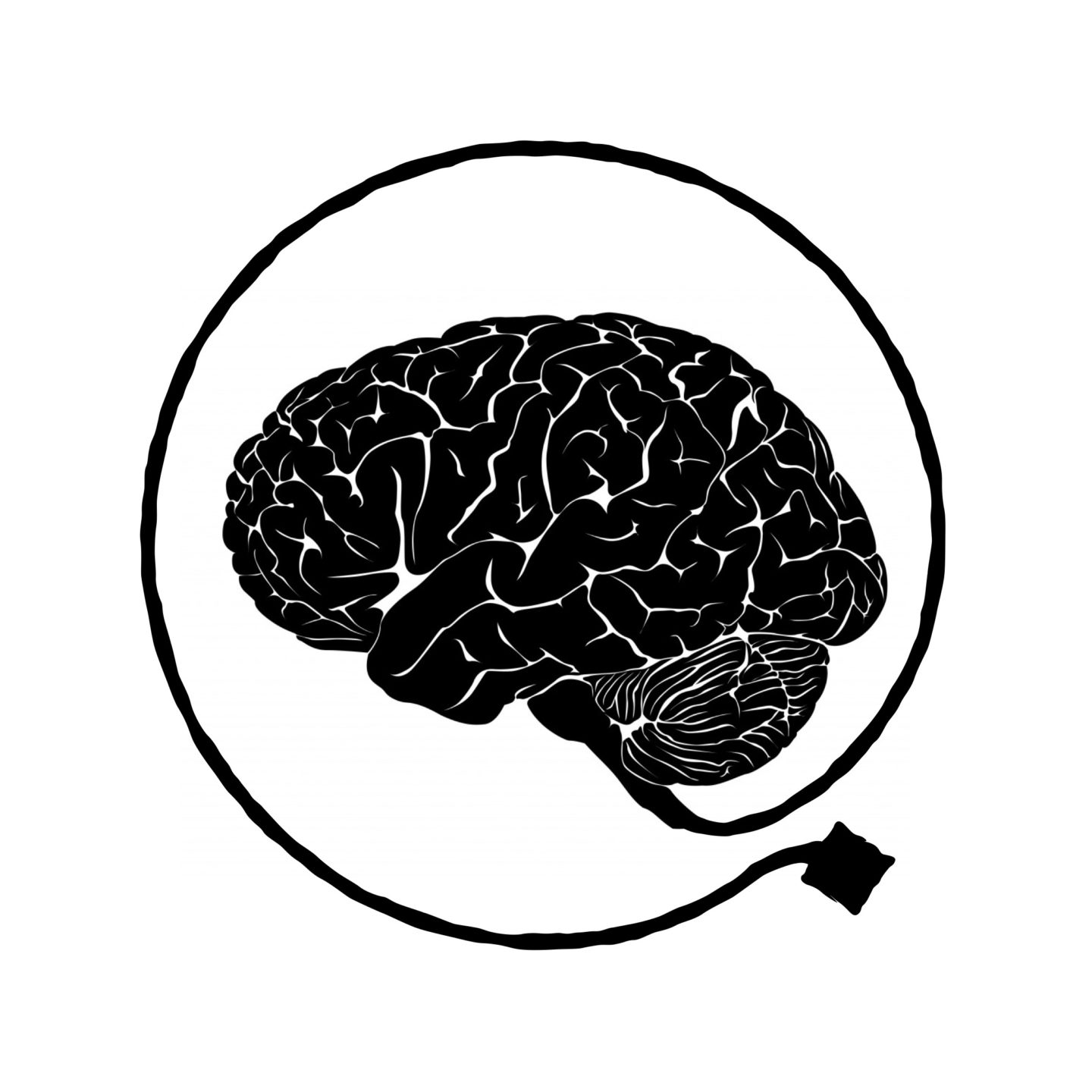Posting at Brains will likely be slow through the rest of the summer. Many thanks to all the philosophers who took time in the past few months to discuss their recent work, and also to Nick, Cameron, and our session chairs — listed below — for their work in putting together an excellent program for this year’s Minds Online conference. — JS]
***
The editors of the Brains blog, together with the Departments of Philosophy at Florida State University and the University of Houston, are pleased to announce the second annual Minds Online conference program.
OVERVIEW
The conference will comprise four weeklong sessions in September 2016. The papers in each session will be posted the weekend before the official start date (for anyone who wants to read the papers in advance). The invited commentaries will be posted when the session egins. Comments will be open to the public once the invited commentaries have been posted, and closed at the end of each session.
PROGRAM
September 5-9: Skill, Expertise, and Attention
KEYNOTE: Ellen Fridland (King’s College London)
Session Chair: Rachel Amoroso (Florida State University)
- “Do we reflect when performing skilful actions?”, by Juan Pablo Bermudez (Universidad Externado de Colombia)
- Commentators: Lieke Asma, Michael Brownstein, Joshua Shepherd
- “Guidance of visual attention” by Denis Buehler (Universidad Nacional Autónoma de México)
- Commentators: Peter Fazekas, Mark Fortney, Sebastian Watzl
- “Knowledge-how, abilities, and questions” by Joshua Habgood-Coote (University of St. Andrews)
- Commentators: Carlotta Pavese, Evan Riley, Jay Spitzley
- “Attention as selection for action: A Challenge” by Aaron Henry (University of Toronto)
- Commentators: Carolyn Dicey Jennings, Robyn Waller
September 12-16: Philosophy of Cognitive Science
KEYNOTE: Bryce Huebner (Georgetown University)
Session Chair: Andrew Christman (Florida State University)
- “Expanding Our Picture of Stereotype Threat” by Stacey Goguen (Boston University)
- Commentators: Helen Beebee, Lauren Freeman
- “Is IIT compatible with Russellian panpsychism?” by Hedda Hassel Mørch (NYU / University of Oslo)
- Commentators: Torin Alter, Luke Roelofs
- “Miscomputing Individualistically: It’s the Only Way to Do it” by Chris Tucker (College of William and Mary)
- Commentators: Marcin Milkowski, Gualtiero Piccinini
- “The what and where of mental states: a new argument for the extended mind thesis” by Karina Vold (McGill University)
- Commentators: Ken Aizawa, Brie Gertler, Michael Wheeler
September 19-23: Meaning, Knowing, Doing
KEYNOTE: Dorit Bar-On (University of Connecticut)
Session Chair: Mirja Perez De Calleja (Florida State University)
- “Epistemic closure in folk epistemology” by James R. Beebe and Jake Monaghan (University at Buffalo)
- Commentators: Wesley Buckwalter, John Turri
- “Goal ascription for the a-rational” by Sam Clarke (University of Oxford)
- Commentators: Kristin Andrews, Mitchell Herschbach, Joulia Smortchkova
- “Joint mentality and quasi-agential groups” by Luke Roelofs (Australian National University)
- Commentators: Olle Blomberg, Johannes Himmelreich
September 26-30: Perception
KEYNOTE: Ophelia Deroy (University of London)
Session Chair: Paul Rezkalla (Florida State University)
- “Visual spatial awareness probably requires the awareness of space” by Bartek Chomanski (University of Miami)
- Commentators: Robert Briscoe, Alisa Mandrigin, John Schwenkler
- “Cognitive Penetration and top-down modulation in visual perception”, by Dimitria Electra Gatzia (University of Akron, University of Antwerp)
- Commentators: Jake Quilty-Dunn, Katia Samoilova, John Zeimbekis
- “Everything is Clear: All Perceptual Experience is Phenomenologically Transparent” by Laura Gow (Cambridge)
- Commentators: Keith Allen, Jacob Berger, Amy Kind, Daniel Stoljar
- “Sounds as perceptual mediators” by Maarten Steenhagen (University of Antwerp)
- Commentators: John Kulvicki, Jason Leddington, Mohan Matthen, Vivian Mizrahi
ORGANIZERS
- Cameron Buckner (Houston)
- Nick Byrd (Florida State)
- John Schwenkler (Florida State)
Thank you to everyone who will present, comment, and participate. And, of course, thank you to the many people who helped review submissions.

